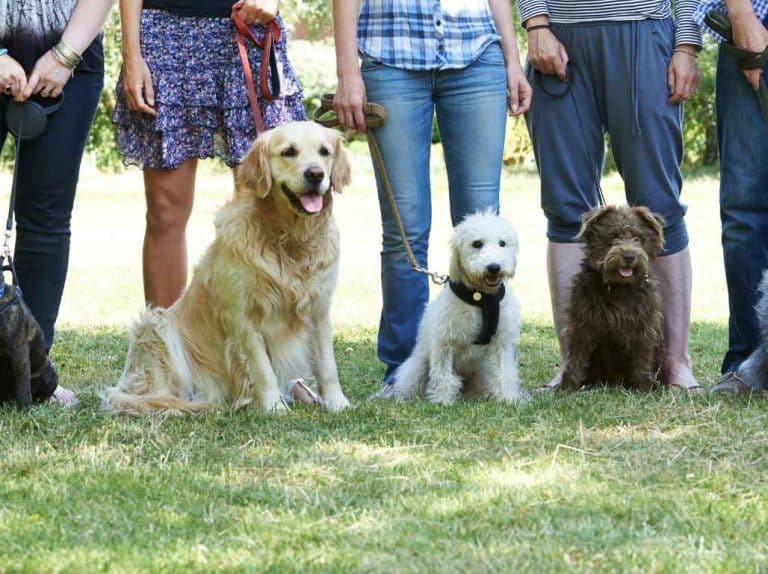Start A Conversation With Someone To Show You Care
Start a conversation. It’s as easy as that to support people when they’re sad, depressed, or grieving. What does support really look like? It depends. We all know people who will vent endlessly about all their grievances and pain. Listening for hours to people who sap your energy with their unhappiness is not really supporting them. It is a different form of control and enabling. Validating someone’s pain, however, can be more supportive than trying to minimize or dismiss the importance or reality of their feelings. People want to be understood and cared about.
Now there’s research that confirms how important it is to just connect without necessarily offering solutions. In other words, in many cases it’s not exactly what you say that soothes. Rather, it’s your being there and talking without judgement. That’s how you can make the difference between someone who’s sad and lonely and someone who’s connected and engaged.
Start A Conversation: An Example
A neighbor reported to me that, Jim, a quiet person with a dog down the street was lonely and sad. What could I do about it, I wondered. I’m not the kind of person to go knock on the door and barge in. I didn’t know Jim except that his dog, Lily, was cute. I have a dog, Max. Max and I started timing our morning walk to meet up with Jim and Lily. I started a conversation about our dogs. Walking and talking brought Lily and Max together. Jim and I discovered we had a lot in common to talk about. Then other dog walkers joined, and now several walk and talk with us. Jim now had a bunch of friends that perked him up. Our dog-walking group meets most mornings. It’s great for the dogs, that joyfully greet each other every day. But it has also made all the difference for some sad people in our neighborhood. Our casual conversations brought us all together. We’ve learned how we can help each other when support is needed. We were there during the pandemic, and then a major hurricane.
Start A Conversation: There’s Research It Works
A growing body of research suggests that one of the most powerful ways to soothe a person’s feelings is to start a conversation. Words play a powerful role in shaping people’s emotions because humans are such a social species. People’s brains are finely attuned to information they get from others, and they’re “constantly using it as feedback to change their behaviors and responses,” said Razia Sahi, a doctoral candidate in psychology at the University of California, Los Angeles, who studies how social interactions influence people’s emotions. “Other people care a lot about what we think.”
Start A Conversation: What Words Should You Use
But the words we use to comfort others matter, as some forms of verbal support have been found to be more helpful than others. In a small study published on Dec. 8, for instance, Ms. Sahi and her colleagues found that people consider validation — phrases like, “I understand why you feel that way” or “That sounds very hard” — to be especially comforting.
Other forms of feedback, such as helping someone recognize that things will improve or encouraging a person to see the situation from a new perspective, can help too, research suggests. And sometimes, those kinds of responses may even be more useful than phrases of validation in the long run. “Different strategies meet different needs,” said Karen Niven, a professor of organizational psychology at the Sheffield University Management School in Britain who studies how people influence the emotions of those around them.
It’s The Thought That Counts
Although it can be hard to know how best to help someone, Dr. Zaki emphasized that we should be confident that our attempts will be appreciated — even if we don’t know what we’re doing. In a small study published in 2022, researchers found that people typically underestimated how useful their attempts to help others would be, perhaps because they feared that their advice wasn’t perfect. Researchers found that people appreciated support even if it wasn’t exactly aligned with their needs.
More Articles To Read
Feeling Sorry For Yourself May Be Your Worst Enemy
How To Be Your Authentic Self





















